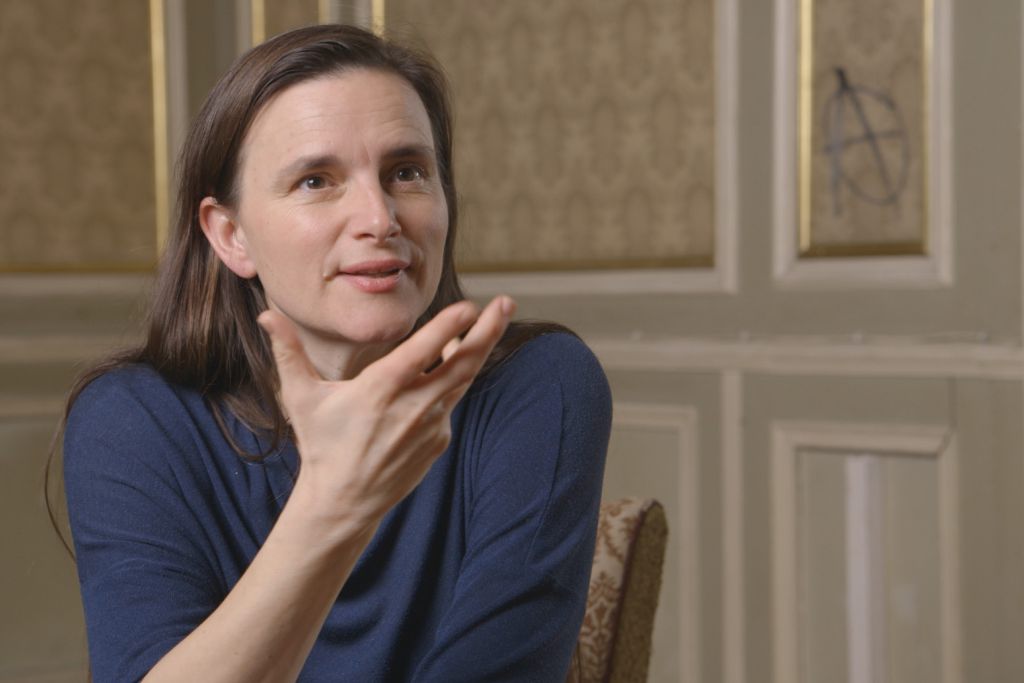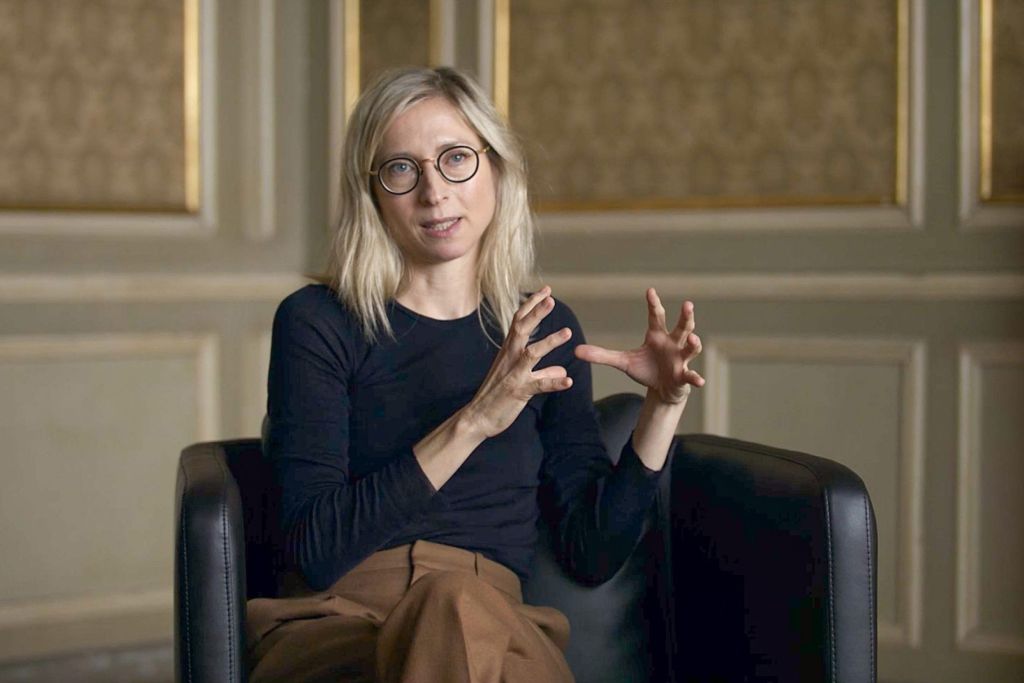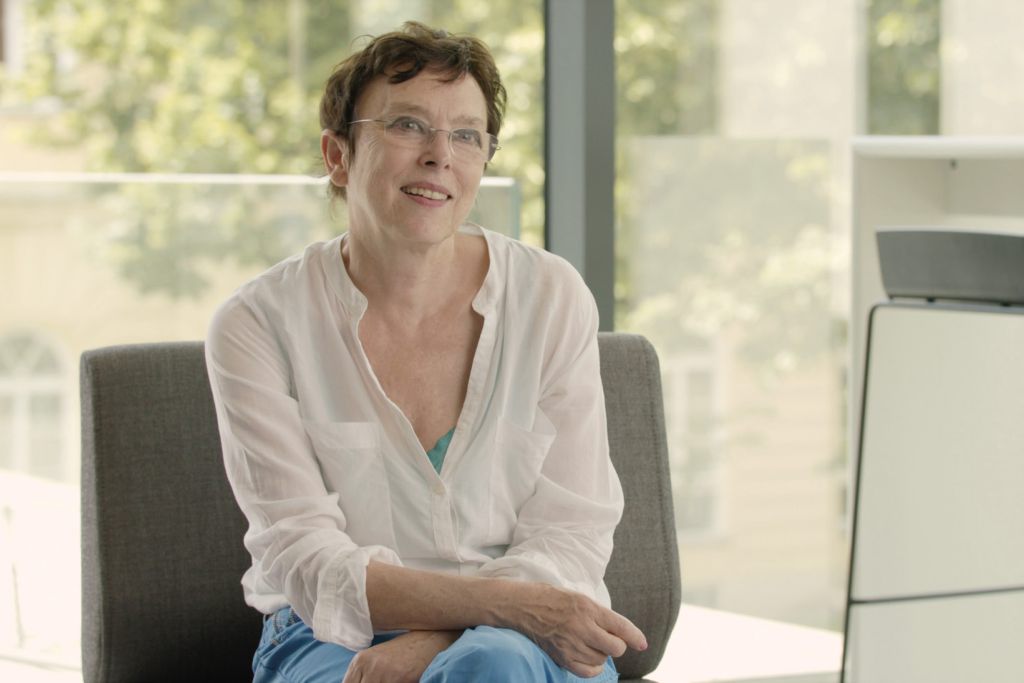A New Book Series from the Media and Film Studies Chair at Film Academy Vienna
With her feature film debut Nordrand (1999), Barbara Albert—a professor of directing at Film Academy Vienna since 2023—managed to create one of the most successful Austrian auteur films of the late 20th century, a film that went on to influence the style of an entire generation and receive accolades far beyond Austria’s borders. Jessica Hausner, who studied together with Barbara Albert at Film Academy Vienna back in the 1990s, has helped to fuel the revolution in Austrian film that she and her classmates touched off with her inexhaustible inventiveness and the joy that she takes in provocative narratives, and her films have been hugely successful at international film festival competitions. Karina Ressler, one of Austria’s most important film editors, has worked with such disparate filmmakers as Barbara Albert, Jessica Hausner, Götz Spielmann, and Patrick Chiha since graduating from Film Academy Vienna. To this day, she conceives of filmmaking as a way of critically probing social conditions and engages with film’s possibilities as a medium on both the practical and the theoretical levels.

It is to these protagonists of Austrian cinema that the first three volumes of the book series Aus der Werkstatt [From the Workshop], based on an ongoing oral history project of the Media and Film Studies chair at Film Academy Vienna, are devoted. In wide-ranging workshop conversations, the filmmakers discuss their artistic work and provide insights into their cinematic thinking and the methods by which they proceed.
Inspired by a research project of the film school La Fémis in Paris, the orientation here is toward the tradition of productive self-reflection among filmmakers—of which the conversation between François Truffaut and Alfred Hitchcock can be considered prototypical. This project by Film Academy Vienna, however, goes quite clearly beyond its model inasmuch as the oral archives thus produced are accompanied by books that present edited versions of the filmed interviews. Publication of these interviews in book form renders these conversations accessible to a broad audience and demonstrates the diversity of Austrian filmic output. And for researchers, these oeuvre-encompassing interviews provide an important basis for further critical engagement with the featured filmmakers and the history of Austrian film.

The three volumes released thus far feature the auteur filmmakers Barbara Albert and Jessica Hausner as well as editor Karina Ressler, all three of whom studied at Film Academy Vienna. In this way, the project also sketches out the history of a film school and its interrelationships with the social, political, and artistic realms. The initial volumes of this series, which is to be continued in 2024 with a release featuring a camerawoman, already enable readers to glean an understanding of numerous (inter)relationships that make clear trends and developments in Austrian film.
Editor Karina Ressler, for instance, is not only a long-time collaborator of Jessica Hausner but has also edited certain films by Barbara Albert, making it possible to view their respective shared works from two different perspectives—that of the author/director and that of the editor. Moreover, these conversations reveal numerous instances of collaboration with colleagues during and following their studies at Film Academy Vienna that trace connective lines across the landscape of Austrian film. In their interviews, the protagonists occasionally refer to one another—references that the interviewers, in turn, take up and continue to spin like a web whose nodes are formed by the discussed Austrian films and film professionals.

The individual interviews are conducted by the team of Film Academy Vienna’s Media and Film Studies chair together with Film Academy students, for which reason this place of training itself becomes a topic and a context of these conversations. The perspective from which the films are discussed is hence simultaneously guided by theory and tied to actual practice as it includes the protagonists’ respective experiences and formative influences. In this way, these discussions of the interviewees’ works—conducted from a standpoint of critical distance and artistic proximity—afford extraordinary views into the proverbial workshop, which (for filmmakers) usually consists not in a place but rather in a collection of ideas, references, and concepts.
The project Aus der Werkstatt, in which filmmakers’ practice-oriented knowledge is researched and placed in a discursive framework, probes the interfaces between theory and audio-visual art from the vantage point of Film Academy Vienna’s Media and Film Studies programme while also exploring the diversity of cultures of knowledge around film theory and film practice in a way that is both “academic and artistic” as well as “artistically enquiring”.
Further information on this book series can be found here.

